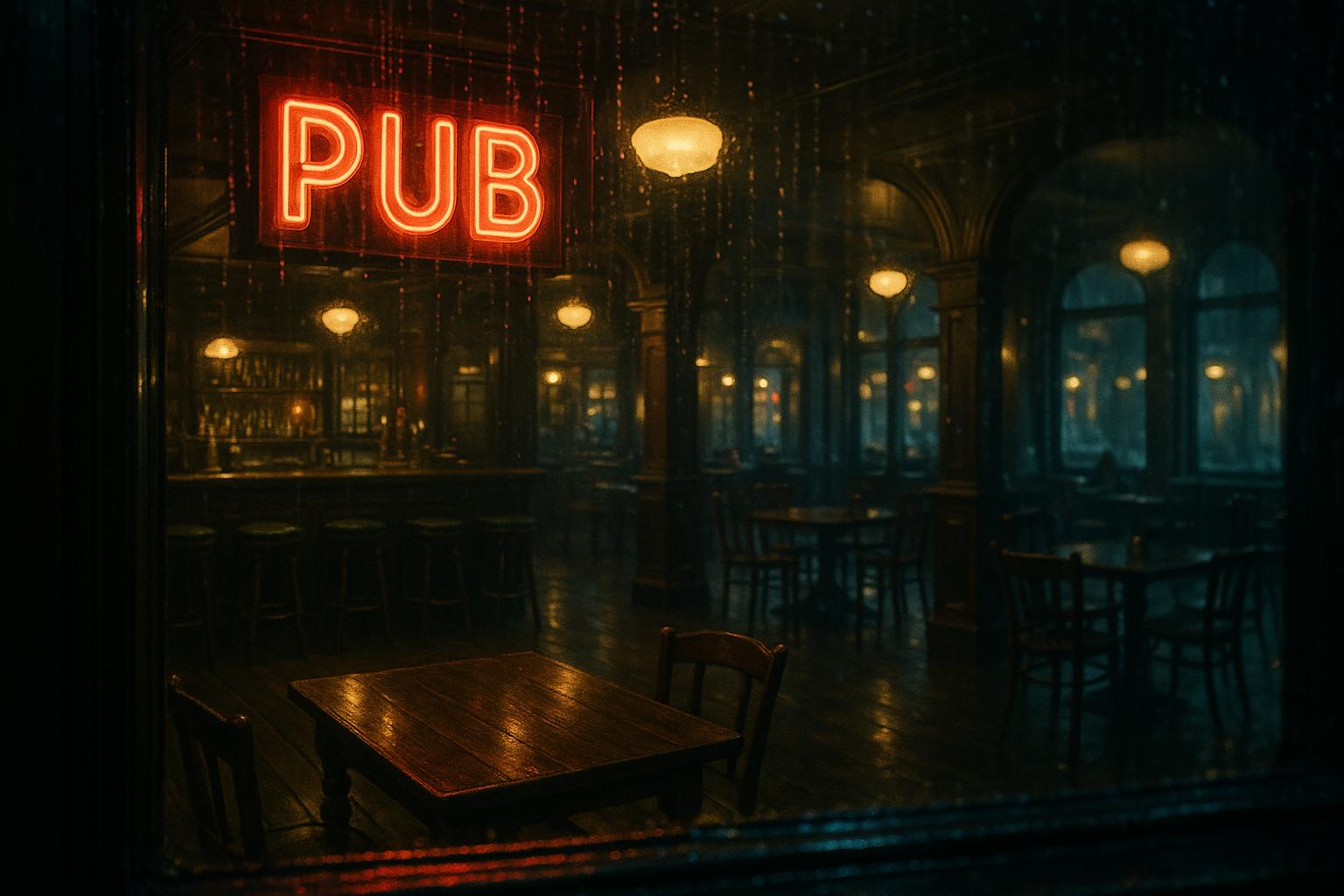Britain's high streets are facing a potentially devastating crisis as thousands of pubs and independent retailers confront closure and significant job losses due to escalating tax burdens and rising operational costs. The looming Autumn Budget, scheduled for November 26, has become a focal point for concern among industry leaders who warn of a "bloodbath" unless urgent tax relief measures are introduced.
The British Beer and Pubs Association (BBPA) and UK Hospitality have raised alarms about the cumulative impact of tax hikes over the past year, stressing that more than 2,000 pubs could close, resulting in the loss of over 12,000 jobs. Kate Nicholls, chair of UK Hospitality, described the situation as “make or break,” noting that the sector has endured 13 consecutive months of falling employment and has seen 170,000 fewer people on payrolls nationwide since last year’s Budget. With two venues reportedly closing every day and the sector accounting for over half of recent job losses across the economy, the risks to community livelihoods and high street vibrancy are profound.
This grim outlook is compounded by the end of business rates relief and a revaluation of commercial properties scheduled for next year, which are expected to nearly double rates bills for many hospitality businesses. Emma McClarkin, BBPA chief executive, highlighted that current projections point to business rates increases of over 50% for pubs, a burden exacerbated by rising energy costs, national insurance contributions, and wage inflation driven by statutory minimum wage increases.
Recent data from commercial property analysts corroborates the scale of the crisis: 383 pubs closed in just the first half of 2023, matching almost the total number of closures for the entire previous year. Industry figures warn that the planned removal of a 75% business rates discount for pubs, relief currently capped at £110,000 but set to expire in March 2024, could accelerate this closure trend further. The British Beer and Pub Association estimates that these types of tax and regulatory pressures have already contributed to a one-fifth reduction in the total number of pubs since 2010. Shockingly, the UK’s beer duty remains twelve times higher than comparable countries like Germany and Spain, adding to the financial strain on operators.
Retailers are equally vulnerable, facing an anticipated £2.66 billion annual business rates increase when the current reliefs end in spring 2025, according to sector experts. Independents especially are recalibrating their survival strategies amid what the British Independent Retailers Association deems a "toxic mix" of rising costs and stagnant consumer spending, with potential job losses projected in the tens of thousands.
Calls for government intervention are mounting. Greene King, one of the country’s largest pub operators, has advocated for a lower business rates multiplier specifically for pubs, estimating immediate annual savings of £13.7 million. Its chief executive, Nick Mackenzie, has also pushed for fundamental reform of the system to base tax payments on profits rather than property values, a shift that industry advocates say would better align tax liabilities with the precarious financial realities many pubs face.
Business groups emphasize that ongoing increases in National Insurance contributions and employment costs underpin existing redundancies and hiring freezes, with a third of firms surveyed by the British Chambers of Commerce having made or considering job cuts due to these factors. Such pressures risk hollowing out town centres and eroding the social fabric that local pubs and independent shops represent, often described as the "heartbeat" and "community lifelines" of high streets.
Opposition voices within Parliament have seized on these warnings to call for the abolition of business rates on high street shops and pubs, arguing that failing to act would result in irreversible damage to local economies. Reform UK figures are sceptical about the political longevity of the current Chancellor and Prime Minister, predicting that the coming Budget may be their last if they proceed with policies that fail to heed these concerns.
Labour, while acknowledging the difficult economic situation inherited from the previous government, has pledged to replace the business rates system with one that is “fairer” and more supportive of high street businesses. The party contends that reviving the high street involves addressing the cost of living and creating jobs, though business leaders remain cautious about the effectiveness of such promises without concrete fiscal measures.
The government, for its part, asserts that pubs are a priority and points to initiatives such as cutting licensing costs, lowering business rates through targeted reliefs, enabling more flexible dining options, and reducing alcohol duty on draught beer. Yet, businesses argue these measures are insufficient in the face of the broader tax and cost challenges.
As the Budget approaches, the hospitality and retail sectors stand at a critical crossroads. Unless decisive action is taken to ease the tax burden, particularly through business rates relief and National Insurance reforms, the closures and job losses forecast by industry leaders may soon become an unavoidable reality, fundamentally altering the face of Britain’s high streets.
📌 Reference Map:
- [1] (Express) - Paragraphs 1, 2, 3, 5, 7, 8, 9, 10, 11, 12
- [2] (Evening Standard) - Paragraphs 2, 4
- [3] (The Guardian) - Paragraph 3
- [4] (CAMRA) - Paragraph 3
- [5] (Evening Standard) - Paragraph 4
- [6] (Greene King) - Paragraphs 6, 7
- [7] (The Guardian) - Paragraph 7
Source: Noah Wire Services
